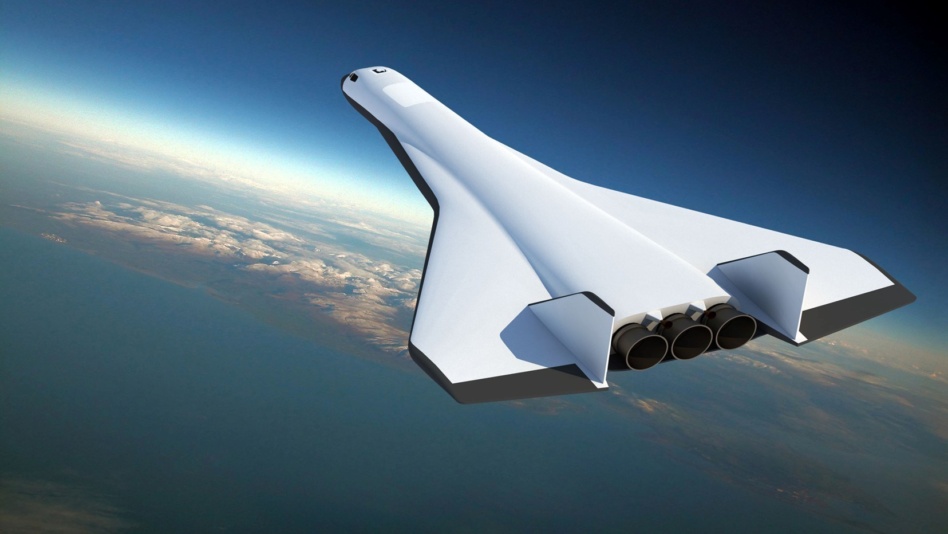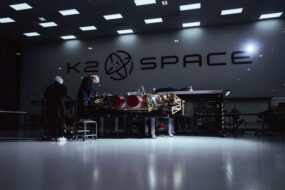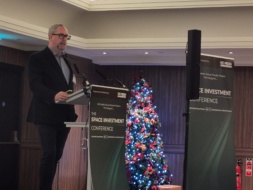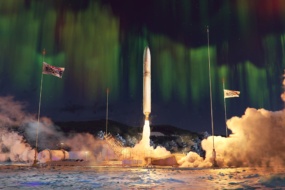Tired: rockets
Wired: fully reusable single-stage-to orbit, horizontal-takeoff-and-landing spaceplane
That, in a not-so-concise nutshell, is the driving force behind Renton, WA-based Radian Aerospace. After six years, the startup finally emerged from stealth Wednesday to announce its spaceplane ambitions and a $27.5M seed round.
One part rocket science and another part going where no company has gone before, Radian has an ultra-audacious goal of fully reusable craft that fly to and from LEO. The “plane” could one day fly at a cadence close to that of a commercial airliner, similarly taking off from and landing on a runway to boot (with some modifications). The vision is what many refer to as the “holy grail” of spaceflight.
Founding team: Radian’s leaders draw from experience at NASA, the DoD, and new space companies, per Ars. Cofounder/CTO Livingston Holder once helmed Boeing’s Future Space Transportation and X-33 program. The X-33 was a spaceplane contracted by NASA in the late ‘90s. ~$1.2B was spent on the concept before the project was axed. The verdict in 2001: The X-33 just wasn’t feasible with current technology.
What’s changed since then? “What we are doing is hard, but it’s no longer impossible thanks to significant advancements in materials science, miniaturization, and manufacturing technologies,” Holder noted.
Specs: Radian One, as currently envisioned, could take up to five passengers and 5,000 lbs of cargo to orbit, propelled by three liquid-fueled engines. Radian has focused on a ~200,000-lb-of-thrust engine from the get-go, Ars writes, and a body composition that could handle the extraordinary heat and atmospheric pressure that comes with the territory.
From the unyielding laws of physics to what we’d imagine will eventually be a hefty cost structure, Radian has its work cut out for it. The time horizon for building a spaceplane, validating it, and then bringing it to production…isn’t short.
Backers: Despite the above, the size of this seed round and composition of Radian’s cap table show that the company is already lining up votes of confidence:
- Fine Structure Ventures led the round. The VC firm is affiliated with FMR, Fidelity’s parent company.
- Other investors: Exor, The Venture Collective, Helios Capital, SpaceFund, Gaingels, The Private Shares Fund, Explorer 1 Fund, and Type One Ventures.
- Voyager Chairman/CEO Dylan Taylor was also an early angel investor in Radian.




